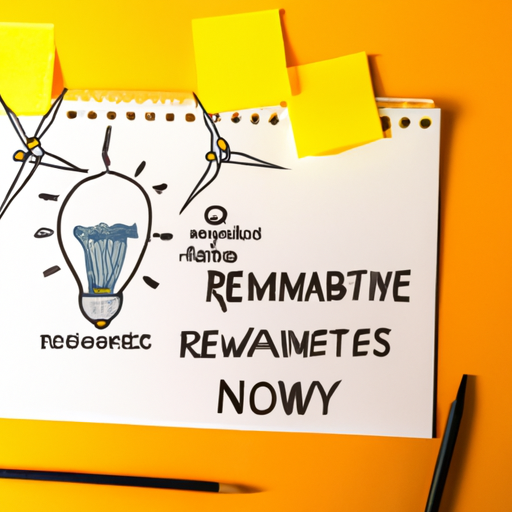In today’s rapidly changing environment, the demand for sustainable energy solutions is at an all-time high. As nations strive to reduce their carbon footprint and transition to cleaner energy sources, Renewable Energy Management Systems (REMS) have emerged as a key player in this energy revolution.
What Are Renewable Energy Management Systems?
Renewable Energy Management Systems are integrated platforms designed to optimize the generation, distribution, and consumption of renewable energy resources. By leveraging advanced technologies, such as IoT, AI, and big data analytics, REMS enable energy providers and consumers to manage their energy usage more effectively.
Key Features of REMS
- Real-time Monitoring: REMS provide live data analytics on energy production and consumption, allowing for quick and informed decision-making.
- Forecasting: Advanced algorithms can predict future energy generation based on weather conditions, ensuring that energy supply meets demand efficiently.
- Integration with Smart Grids: REMS facilitate seamless communication between various energy sources and consumers, optimizing the energy distribution network.
- Data Analytics: Detailed insights into energy usage patterns help consumers reduce waste and enhance sustainability initiatives.
Benefits of Renewable Energy Management Systems
The implementation of REMS offers numerous benefits:
- Improved Efficiency: By optimizing the management of renewable energy, these systems help to reduce costs and energy wastage.
- Enhanced Sustainability: As we move away from fossil fuels, REMS play a critical role in ensuring that renewable resources are used to their full potential.
- Increased Reliability: With advanced monitoring and control capabilities, REMS enhance the reliability of energy systems, mitigating risks of outages.
Future Trends in Renewable Energy Management
Looking ahead, the future of REMS is promising. As technology evolves, we expect to see the integration of:
- Artificial Intelligence for predictive maintenance
- Blockchain technology for secure energy transactions
- Drones and satellite technology for real-time energy resource assessment
Conclusion
Renewable Energy Management Systems are essential for a sustainable energy future. By enhancing efficiency, reliability, and integration of renewable resources, REMS are set to lead the charge toward a cleaner, greener planet. As we embrace this new technology, we are not just optimizing our energy management but also investing in a sustainable future for generations to come.




